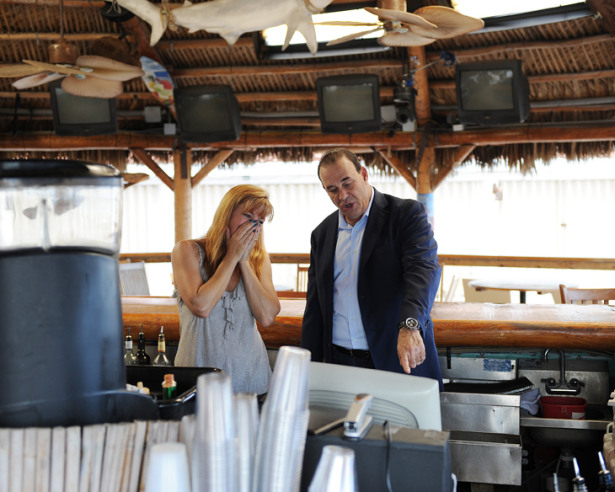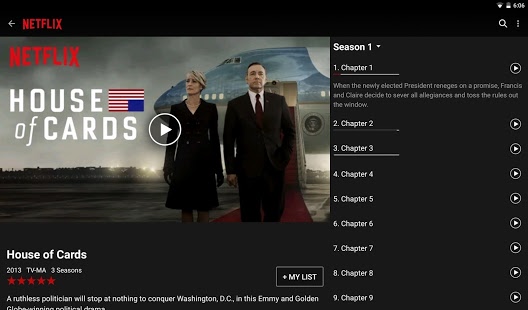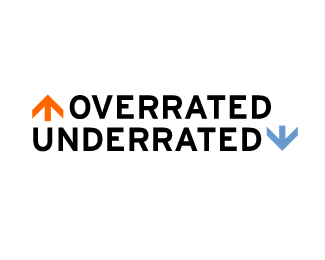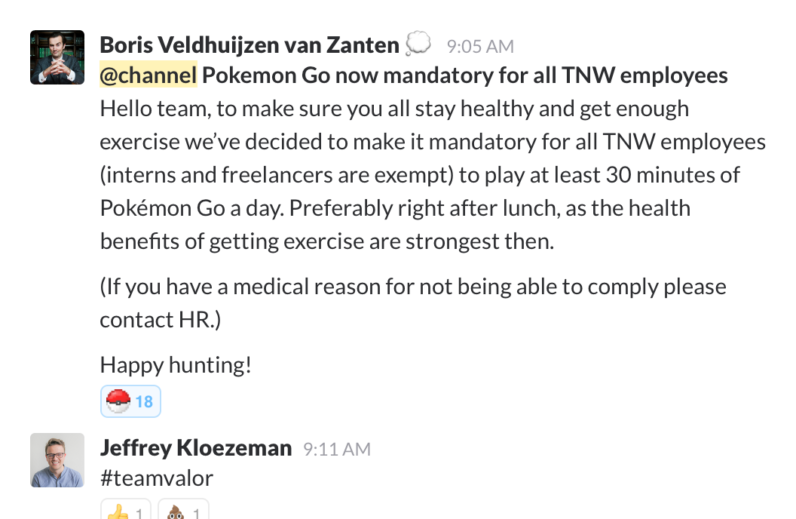VACATION REWIND: There are only 5 possible reasons for every business problem - Bar Rescue Edition
NOTE: I am on vacation this week - please enjoy a replay of a piece from February of this year.
----------------------------------------------------------
There are only 5 possible reasons for any business problem - Bar Rescue edition
Some folks who know me know that about a thousand years ago I spent a fair bit of time working in the Middle East - in Saudi Arabia to be precise. And these same folks also know that every one of my probably hundreds of stories I have told about my time in Saudi fall into only five major categories - it was really hot, we had to find gray market beer, I played rugby with a wild group of expats, we socialized with the (mostly Irish and Canadian) nurses from the local hospital, and sometimes you had to deal with some scary police/security people.
Every story, no matter how it starts, ends up in one of those five classifications. In fact, over the years I got tired of telling, (and people got tired of listening to) the old tales, and now I just list the five categories. The details of any one event or experience don't really matter all that much anyway. But the categories are still valid.
What made me think about this again was that over the long weekend I caught a few episodes of a marathon one of my favorite reality TV shows - Bar Rescue. If you are not familiar with the show, the basic premise is this: Veteran bar and hospitality consultant and expert Jon Taffer gets summoned to 'rescue' or help fix a bar or bar/restaurant that is failing, and possibly about to go out of business.
Taffer will bring in a team of experts like a master mixologist, a chef, and designers and construction crews that together help to renovate the bar, motivate and train the owners and staffs, and redesign products and processes in hopes of giving the bar a new start and (hopefully), keeping it in business.
But what's the connection to 'Steve's boring Middle East stories?' you might be asking.
Well it is this: Just like my dopey stories, every major problem facing the failing business owners in Bar Rescue falls into five categories as well. Sure there may be some subtle differences in specific situations, and most of these disaster bars suffer from multiple problems, but at their canter, they are mostly, remarkably, the same.
Every failing bar's problems fall into one of these five categories, (with some specific manifestations where I can think of some).
1. Lack of leadership from the bar owners - shows up in a few ways on the show, my favorite are the owners that simply get trashed drunk at the bar every night and have no idea what is really happening. Other times the owners are part-time or 'hobby' owners and have other businesses or jobs that keep them from paying enough attention to the failing bar.
2. Terrible hiring decisions - often this is the 'professional' bar manager that has no idea what he/she is doing. Also, lots of 'friends and family' hiring of people that are totally wrong for the jobs they are in or are taking advantage of their relationship with the owner to get away with doing substandard work.
3. Lack of attention to maintenance and upkeep - these are the bars with dead fruit-flies in the bottles, accumulated grease covering everything in the kitchen, and tubs of expired and/or rotting food in the walk-in. It is actually kind of shocking what some of these failing bars have allowed to let happen - at times it even threatens the health and safety of workers and customers.
4. Little or no understanding of the market/customers - time and time again Taffer and his team have to advise and educate the bar owners about the local neighborhood, the main drivers of potential traffic to the bar, and how the bar stacks up against the local competition. Typically in these situations, the bar owners have failed to recognize and adapt to changes - trends, preferences, and expectations of customers that are not the same as they once were back when the bar was more successful.
5. Failure to understand the economics - this one is pretty common the show and manifests itself in a few ways. Sometimes the owners really don't know how much money they are really losing or owe. Sometimes they don't have a good grasp on the financial drivers of their business, like knowing what food or drink items are most profitable. Or they are getting fleeced by staff (or even themselves) by giving away too many free rounds of drinks and not realizing how much that is hurting the business.
Just like my Saudi stories can be pretty easily classified, every failing bar's problems on Bar Rescue can fit into one of the above categories. And the the more interesting thing about Bar Rescue than my stories, is that these bar/business problems are pretty likely the same broad set of categories just about and business faces too.
Issues with leadership at the top. Bad hires, poorly trained staff, people in the wrong roles. Failing to keep track of the basic elements needed for any kind of success. Not keeping up with market and business condition changes. And finally, not watching and understanding the finances. Every problem (pretty much anyway), fits into one of these buckets.
Figure out in which one of these buckets that most of your business problems fit and you, like the Bar Rescue team, will know where to spend your time and energy making things right.

 Steve
Steve


